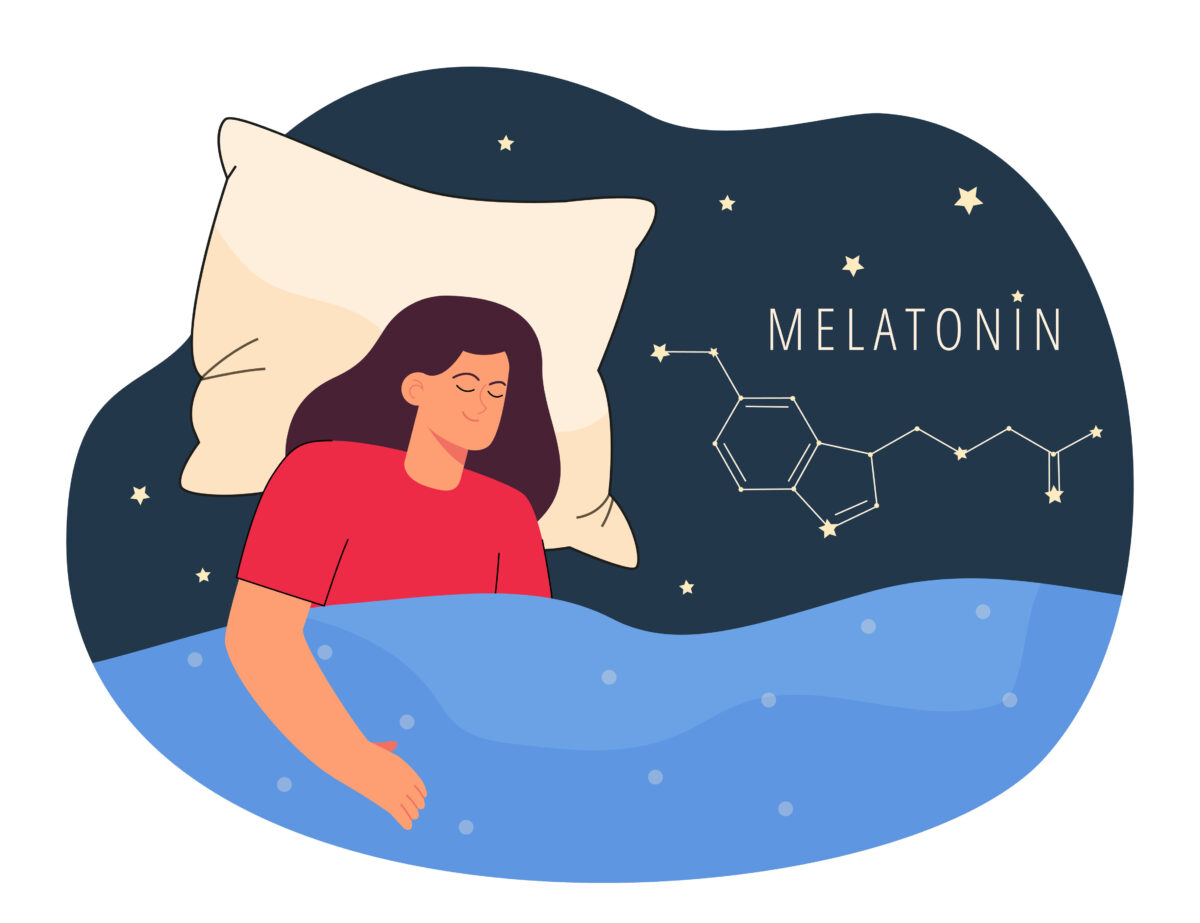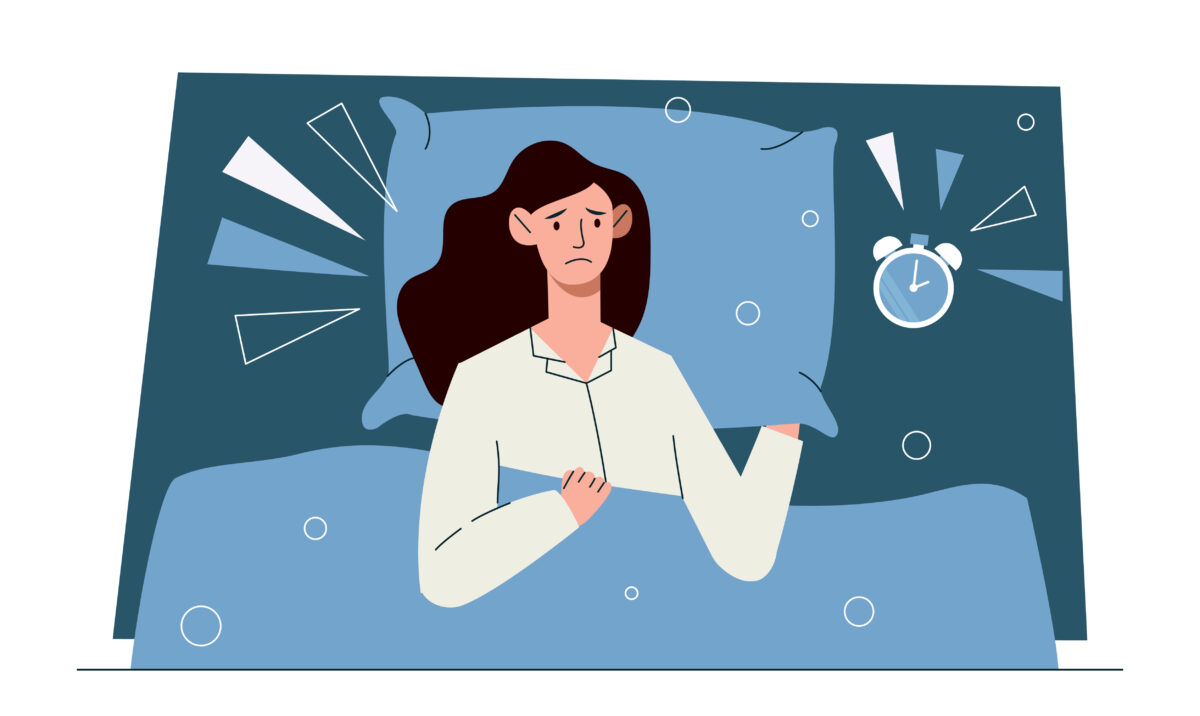Melatonin: A Natural Solution for Sleep Problems or a Potential Hazard?

Is Melatonin Safe and Effective?
Melatonin is a hormone which your body makes and which regulates your sleep-wake cycle. Its increase at nighttime is associated with increased sleepiness. Melatonin is increasingly used to treat difficulty falling or staying asleep, which are common problems. Whether you are a night owl, a jet setter, or a blind person, melatonin may be the key to a good night’s sleep. While melatonin supplements are considered relatively safe, here are some things to…
Keep in mind
Synthetic melatonin, which does not require a prescription and can be purchased over the counter, is considered a supplement, rather than a drug, by the Food and Drug Administration, so it is less strictly regulated, and quality consistency may be an issue. You may want to check the label and the reputation of the manufacturer before buying melatonin.
Melatonin takes effect in 20-40 minutes, peaks in an hour, and stays in the body 4-8 hours, possibly longer in those with decreased renal or liver function. Extended-release melatonin may be helpful if you have trouble staying asleep. You can adjust the timing and the dosage of melatonin to suit your needs and preferences.
Side Effects
About 83% of people who take melatonin report no adverse effects. Side effects are generally mild and may include prolonged daytime sleepiness, vivid dreams or nightmares, headaches, nausea or stomach upset, dizziness, or mood changes. If you experience any of these, you may want to lower the dose or stop taking melatonin.
Interact with other medications
Melatonin may interact with other medications, such as anticoagulants (blood thinners), medications which affect the immune system, blood pressure medications, anti-seizure medications, birth control medications, diabetes medications, or specific medications, such as diazepam or fluvoxamine. It may have an additive sedative effect with central nervous system depressants, including alcohol. To avoid any potential complications, you should consult your doctor before taking melatonin, especially if you have any medical conditions or take any other medications.
Pregnancy
Melatonin is not recommended for pregnant or breastfeeding women. Keep melatonin out of reach of children. Avoid Overdose. The recommended dose is 1-5 mg. People who have decreased kidney or liver function or are very sensitive to medications might want to start at 1 mg and gradually increase the dose to 3-5 mg. Taking too much melatonin may cause unwanted side effects or reduce its effectiveness.

Melatonin and Older Adults
Natural melatonin levels decrease in older adults, which may contribute to difficulty sleeping. Melatonin supplements may remedy this deficiency of natural melatonin and help older people to sleep. While not completely risk-free, melatonin is milder than many of the medications which are prescribed for insomnia and which can increase the risk of confusion and falls, especially in older adults. There is no consensus about the use of melatonin in people with dementia, who are at increased risk of restlessness and disrupted sleep-wake cycles, but melatonin may help to promote sleep in people with dementia. Melatonin may also have some benefits for cognitive function and mood in older adults.
Habits which promote sleep should be practiced. These include maintaining a regular sleep schedule, getting regular exercise early in the day, and avoiding excessive daytime napping, caffeine, or screentime prior to going to bed. You can also create a relaxing bedtime routine, such as reading a book, listening to soothing music, or meditating. These habits can help you fall asleep faster and sleep better, with or without melatonin.
Summary:
- Melatonin is a hormone that regulates sleep-wake cycle and can help with insomnia, jet lag, or blindness.
- Melatonin supplements are relatively safe, but quality may vary and side effects may occur.
- Melatonin may interact with other medications or substances, so consult your doctor before taking it.
- Melatonin may be beneficial for older adults, but not recommended for pregnant or breastfeeding women.
- Habits that promote sleep should be practiced along with melatonin.

This article reviewed by Dr. Jim Liu, MD and Ms. Deb Dooley, APRN.
There’s nothing more important than our good health – that’s our principal capital asset.
#medical #telehealth #umedoc










